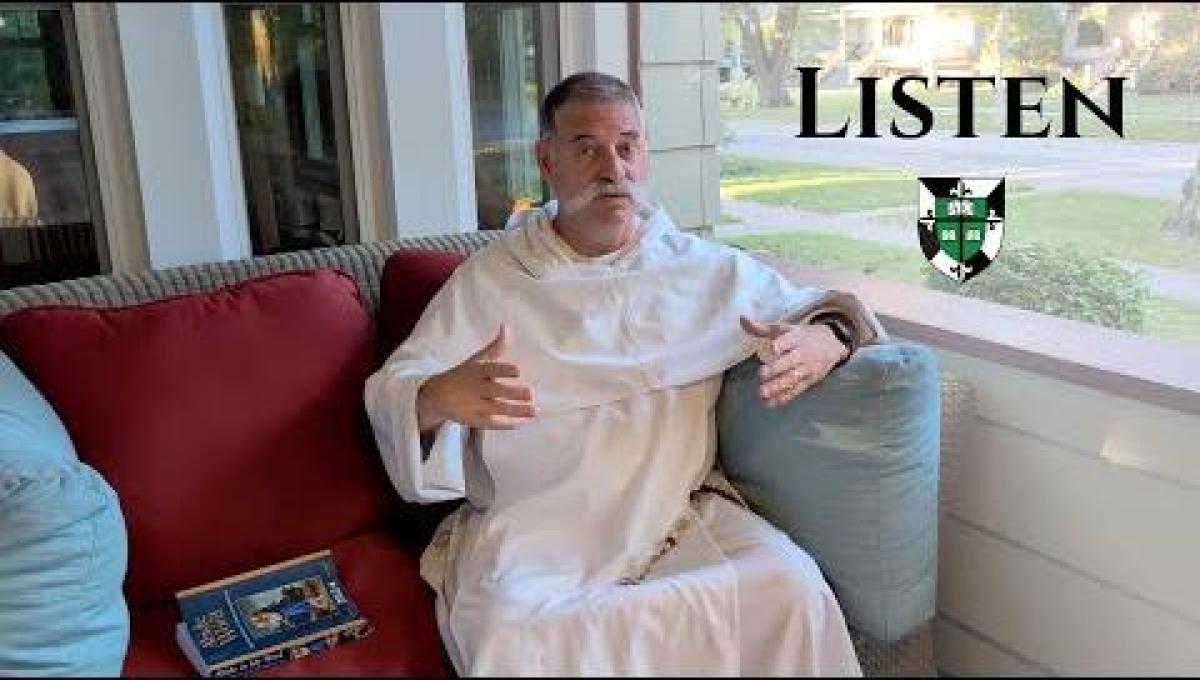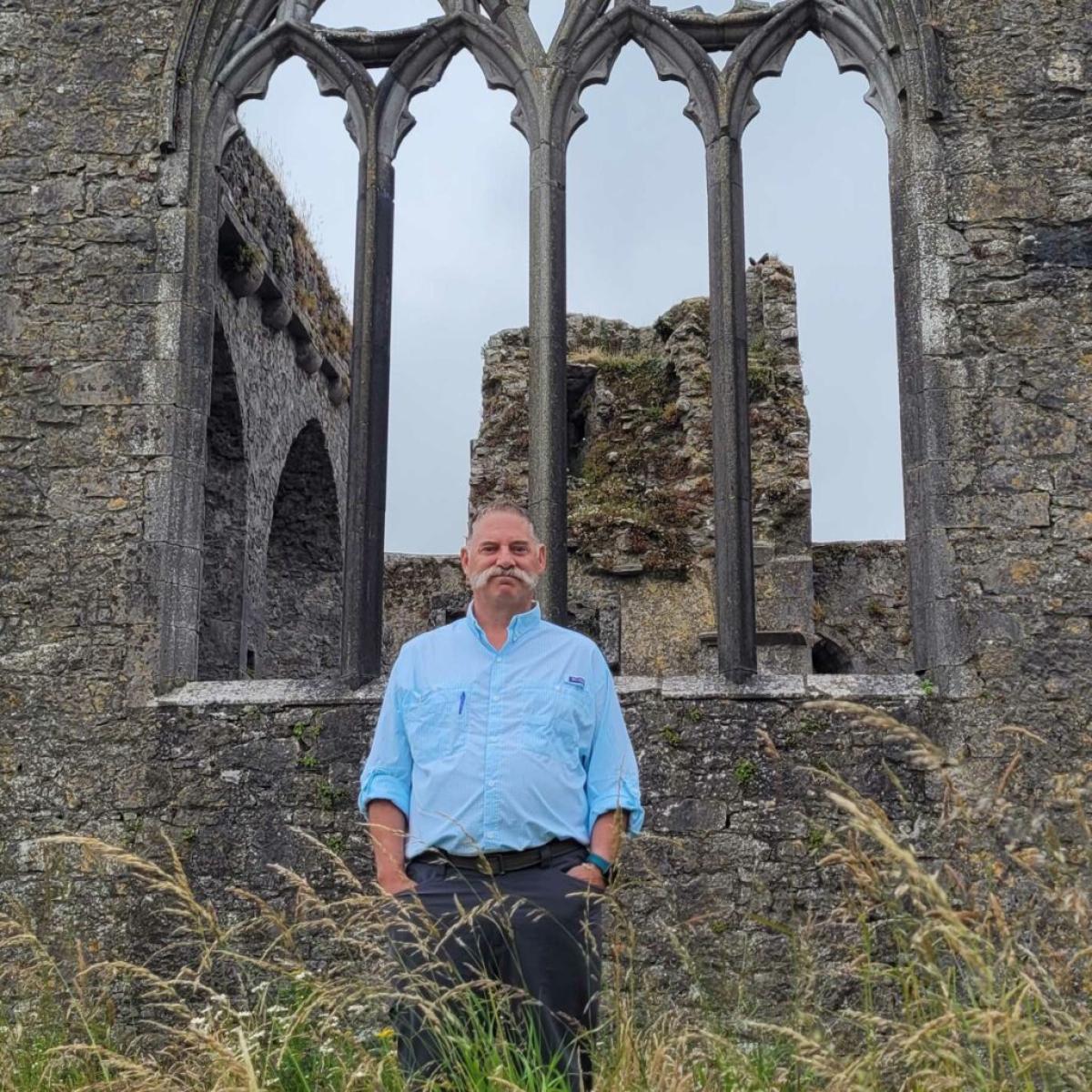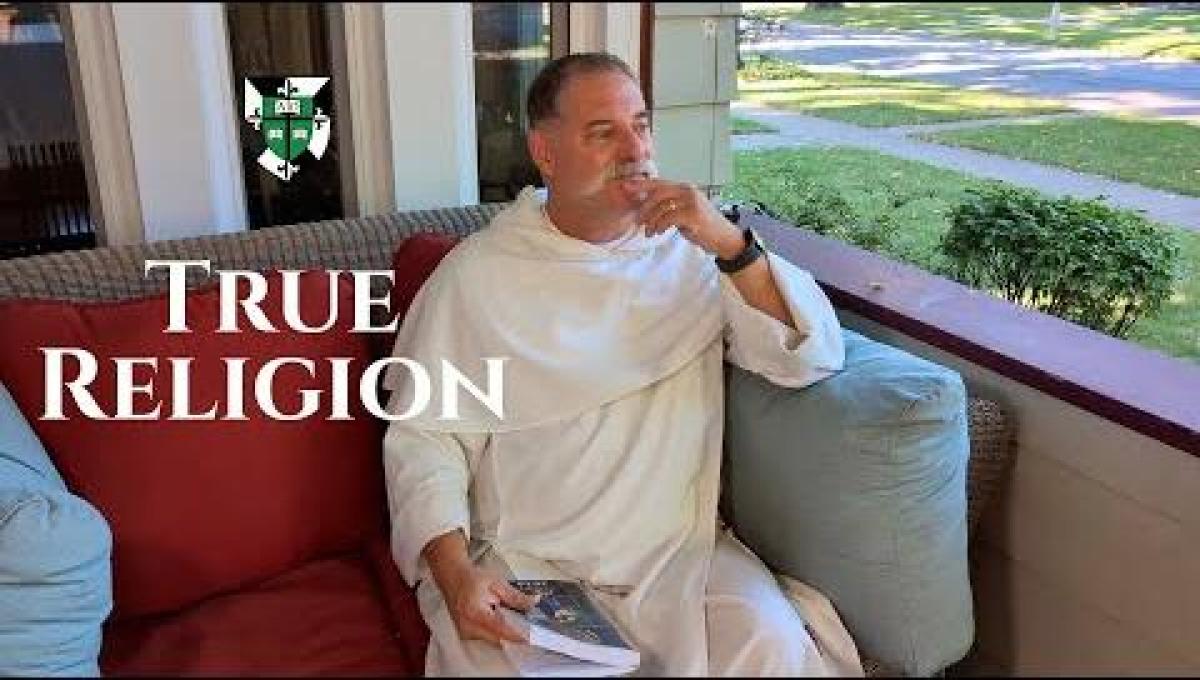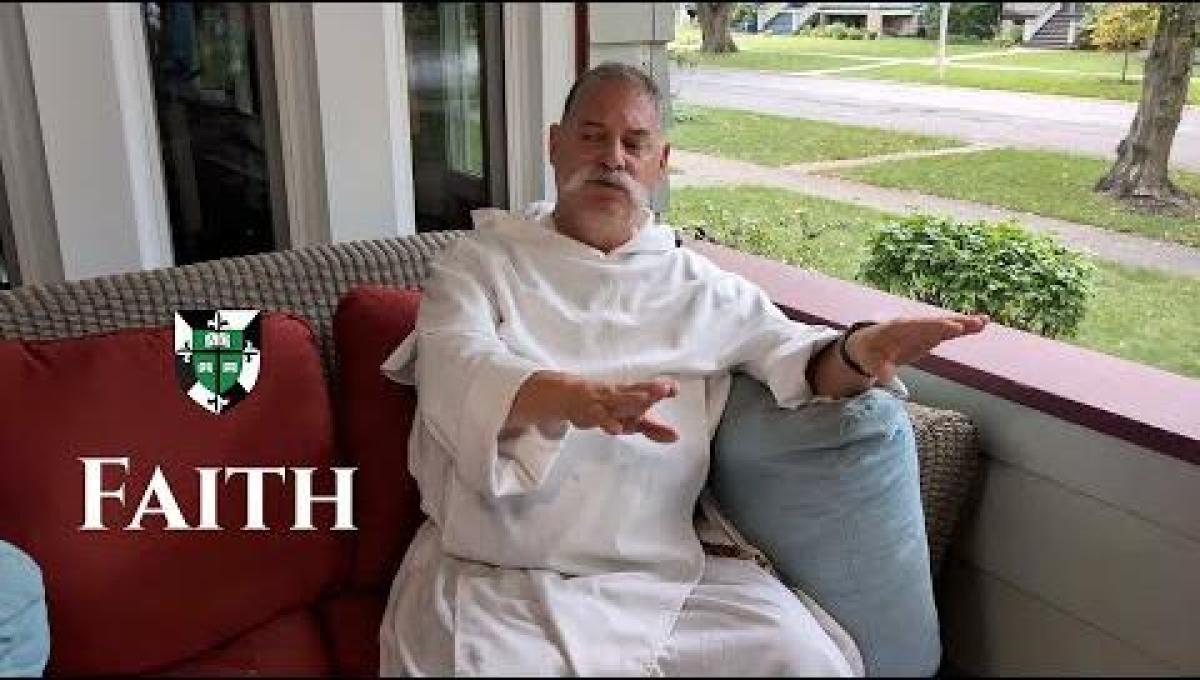3 Oct • Finding the deeper truth
Job's friends "know" he must have sinned if God's hand is against him. Job "knows" that he will see his vindication with his own eyes, and so he and his friends talk across each other. The deeper truth of the Book of Job is beyond either of these positions. The point of the Synod on Synodality is to get to the deeper truth beyond what either "side" thinks, because that deeper truth can transform us, our Church, and our world.








